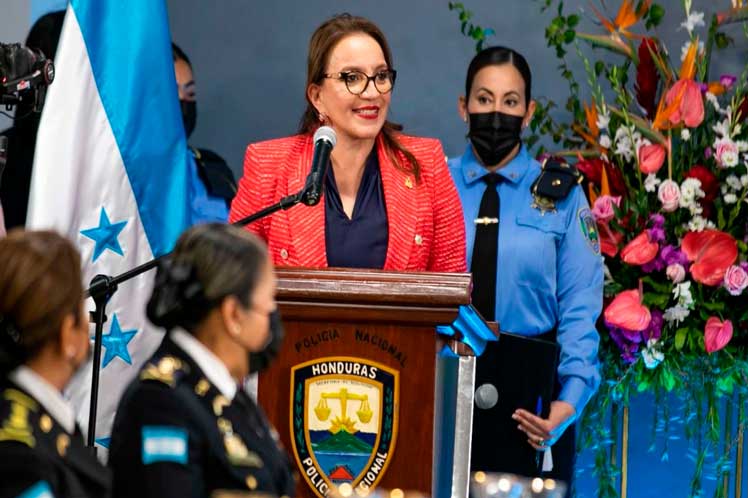Ever since the President came to power on January 27th, she set out to fulfill her campaign promises, which earned her a historical turnout of more than 68 percent in the polls.
According to analyst Alejandro Bonilla Bonilla, although it is true that several proposals remain to be fulfilled, there are changes in some areas, such as the case of the fight against the banks, linked to the excessive charges made to the population during the entire ruling of the National Party.
In his opinion, one of the government initiatives with the greatest social impact is the Energy Law, which, if approved in the National Congress, seeks to order the country in terms of the energy system, one of the most expensive in Latin America.
Honduran political analyst Rene Hernandez told Prensa Latina for his part that although Xiomara Castro’s management has been positive in these first hundred days, she has great challenges to meet from now on.
According to the expert, from the political point of view, the government of Xiomara Castro will have to deal with the United States’ policy of interference.
Along these lines, he mentioned how the new United States ambassador in Honduras, Laura Dogu, recently showed her interference in the internal affairs of the country, an attitude rejected by Foreign Minister of Honduras Enrique Reina.
pgh/llp/jcm/ybv










